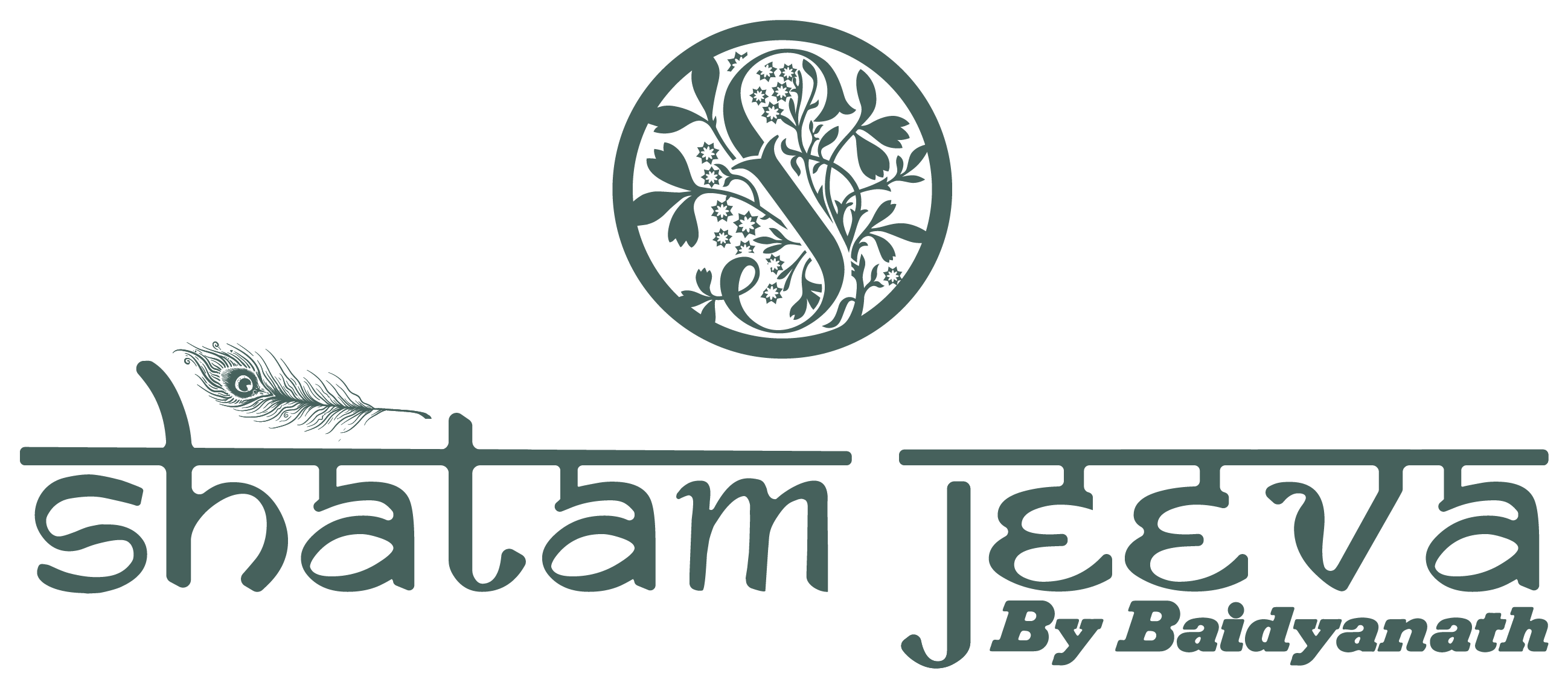In Ayurveda, maintaining a daily routine, or Dinachariya, holds significant importance. One such crucial element within this routine is Dantha Davanam, the practice of oral hygiene that goes beyond merely brushing teeth. The classical Ayurvedic texts prescribe a method for brushing teeth that involves using specific twigs with particular characteristics.
These twigs, obtained from trees like Neem (Azadirachta indica), Banyan (Ficus benghalensis), Karanja (Pongamia pinnata), Kadhira (Acacia catechu), Arjuna (Terminalia arjuna), or Arkka (Calotropis gigantean), are recommended to be of the thickness of one’s small finger and should possess a length that is 12 times the circumference of the index finger. They should also be devoid of any protuberances. Prior to use, the tip of the twig should be chewed to give it a bristle-like shape, which aids in effective brushing.
These herbal brushes have been recognized in Ayurveda for their antibacterial and antimicrobial properties. Moreover, according to Ayurvedic principles, the taste of these twigs is characterized as bitter, astringent, and spicy, which are considered beneficial in alleviating ‘kapha’ and ‘aama,’ imbalances within the body.
In addition to using these twigs for brushing, Ayurveda also highlights the usage of a special tooth powder. This tooth powder, a blend of Thriphala (three fruits) choornam and Thrikadu (three pungents) choornam mixed with honey to form a fine paste, serves as a natural toothpaste. When brushing with the twig, this paste can be used to massage the gums for added benefits. Similarly, when using a conventional toothbrush, this paste can be applied to the brush and used to massage the gums as well.
The use of this herbal tooth powder not only strengthens the teeth and gums but also enhances the sense of taste. However, Ayurvedic teachings caution against brushing teeth with excessive force or too little pressure. It emphasizes the importance of finding the right balance in brushing techniques to maintain oral health effectively.
Apart from its direct impact on dental hygiene, Ayurvedic dental care also has broader implications for overall health. The mouth is considered the gateway to the body, and oral health is intricately connected to systemic health in Ayurveda. By prioritizing oral hygiene using these natural and holistic approaches, one can potentially prevent various dental issues while simultaneously promoting overall well-being.
Integrating these ancient Ayurvedic practices into your daily routine can bring about a profound shift in oral health and general wellness. We offer insights into incorporating these time-tested principles into modern lifestyles, fostering a harmonious balance between ancient wisdom and contemporary living.
In summary, Dantha Davanam, as advocated by Ayurveda, goes beyond conventional dental care. It encompasses the use of specific twigs and herbal tooth powder, emphasizing a holistic approach to oral hygiene that not only nurtures healthy teeth and gums but also contributes to overall health and well-being. Embrace the wisdom of Ayurveda and elevate your dental care routine with Shatam Jeeva.


